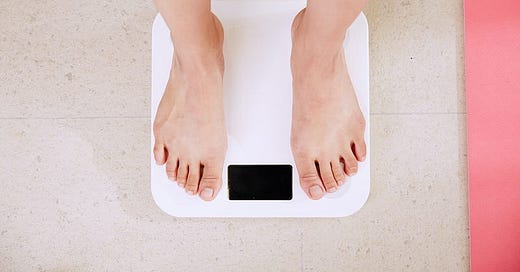2 Science-Backed Insights to Help Remote Workers Lose Weight
In 1956, two researchers published a study that would challenge how the world thinks about weight loss.
Kekwick and Pawan compared 3 groups on semi-starvation, 1,000-calorie diets of 90% fat, 90% protein, or 90% carbohydrates.
📉 Those who ate mostly fat LOST 0.9 pounds per day.
📉 Those who ate mostly protein LOST 0.6 pounds per day.
📈 Those who ate mostly carbohydrates GAINED 0.24 pounds per day.
Here’s what you need to know as a remote worker looking to lose weight:
1 — Not all calories are created equal: Fats and proteins keep you satiated longer than carbohydrates. It’s much easier to eat 1,000 calories of pretzels than it is to eat 1,000 calories of ground beef. If you are looking to lose weight, ditch the bag of processed, carb-loaded, junk that magically finds its way onto your desk every afternoon and prioritize eating fats and proteins.
2 — Metabolism matters: Metabolism is your body’s ability to turn food into energy. Weight loss is just as much a metabolism game as it is a calorie restriction game. Those who eat high-fat, high-protein diets are able to maintain higher metabolisms than those on other diets.
When it comes to losing weight, there are two camps: 1) those who say calories matter and 2) those who don’t. Restricting calories will certainly lead to weight loss, but — as proven in the Kekwick and Pawan study — the quality and contents of those calories matter. Eating high-quality foods makes it easier to restrict calories, making it easier to lose weight.




